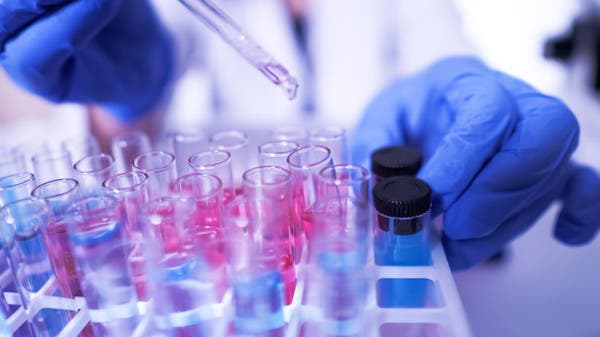After reaching billions in sales, the World Health Organization no longer recommends two antibody treatments for Covid-19, on the grounds that they are likely no longer effective due to the Omicron strain of the virus. Corona virus and its most recent sub-moderations. According to Reuters, according to UN experts.
Both treatments are designed to work by binding to SARS-CoV-2 skeletal protein to neutralize the virus’s ability to infect cells, among the first drugs developed at the start of the pandemic.
Limited event
But the virus has since evolved and mounting evidence from laboratory tests indicates that the effectiveness of the two treatments, sutrovimab and cerifimab-imdivimab, is limited in the face of the latest mutations in the virus.
As a result, the US health authority also excluded them.
And experts from the World Health Organization said Thursday that they strongly advised against using them to treat people with Covid-19, reversing previous conditional recommendations, as part of a series of new recommendations published by the British Medical Journal.
Billions in sales
The U.S. Food and Drug Administration withdrew sotrofimab, manufactured by GlaxoSmithKline and its partner Ver Biotechnology, from the local market in April. The drug reached billions in sales and became one of the best-selling drugs produced by British companies last year.
The antibody combination cacerifimab-imdivimab, manufactured by Regeneron and its partner Roche, also generated billions in sales and was one of the best-selling drugs in the United States last year.
No efficacy compared to Omicron
The FDA revised its stance on the treatment in January and limited its use to a smaller group of patients, citing its diminishing potency against the Omicron variant.
Despite this, the European Medicines Regulatory Authority still recommends the use of both treatments.
–


